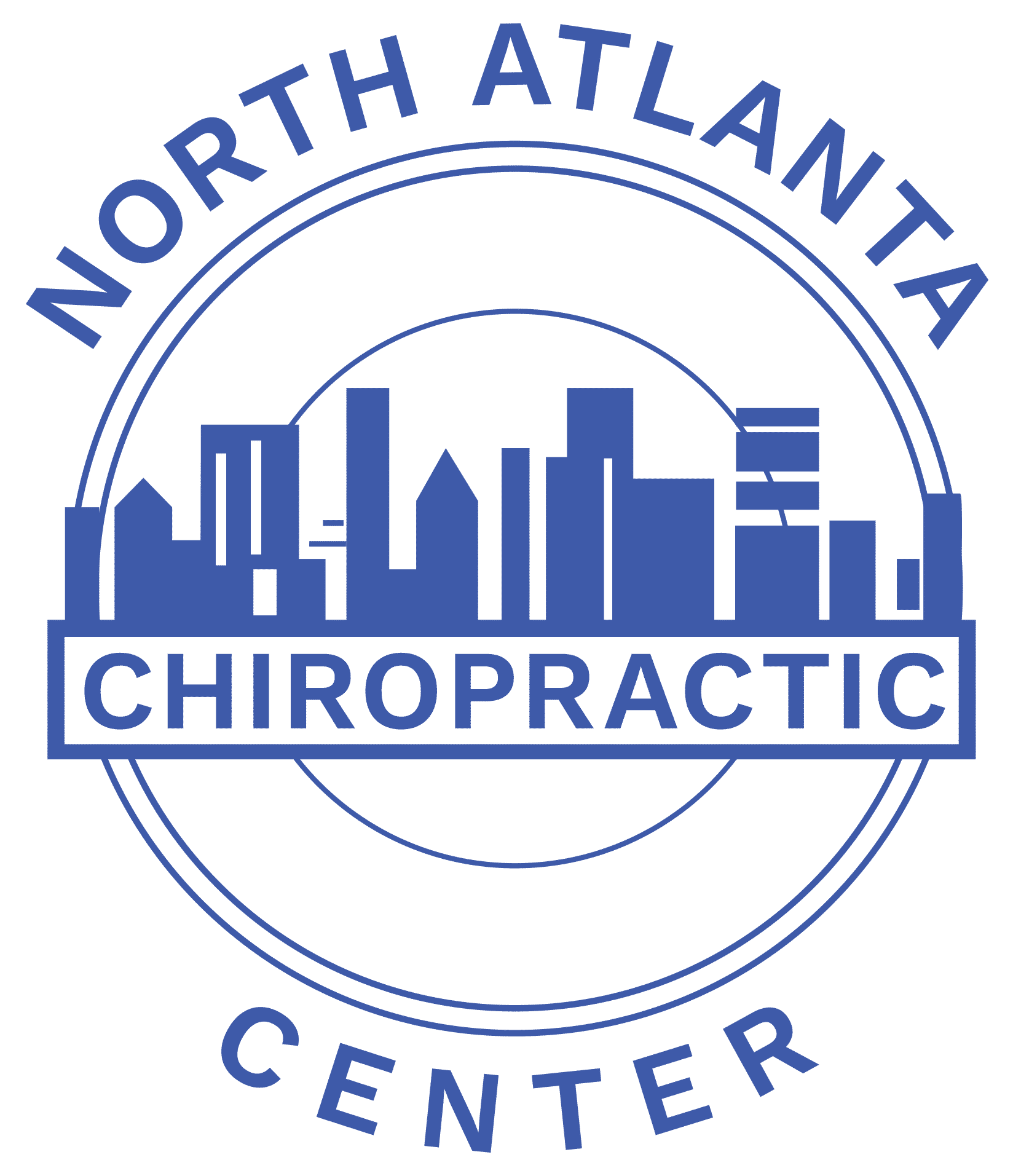Whiplash is a form of neck injury that can occur anytime that your head or neck is quickly jerked backwards or forwards. This sometimes occurs due to car wrecks, sports accidents or falls. The majority of people who experience this injury will heal in just a few weeks with pain medication and exercise. However, some people have chronic pain and other complications after experiencing whiplash and look for chiropractor whiplash treatment.
Common Whiplash Symptoms
Symptoms of whiplash often appear within days of the event that caused the injury. Common symptoms include, but are not limited to:
- Neck pain
- Neck stiffness
- Increased pain with movement
- Less range of motion in the neck
- Fatigue
- Dizziness
- Headaches, often originating in the neck or at the base of the skull
- Shoulder or back pain and tenderness
- Numbness or tingling in arms
Neck Pain & Whiplash Diagnosis
To better understand what may have happened as well as your symptoms, the car accident doctor will need to ask you a few questions. Your doctor will be trying to understand exactly how severe your symptoms are as well as how frequently you experience them. Your doctor will also need to be able to understand how the symptoms affect you and how well you can now perform the everyday tasks that you normally need to.
You will need to be able to describe in detail what happened that may have caused your whiplash symptoms. Be prepared to answer the following questions to help your doctor find the best course of treatment for you.
- Can you rate the pain you feel in your neck on a scale between 1 to 10?
- If you move, does that make the pain worse?
- Do you have any other symptoms?
- When did you first notice the symptoms?
- Have you had a neck injury or experienced neck pain in the past?
- Have you ever tried any treatments or medications for your neck pain? If you have, were they effective?
- Do you regularly take any medications, dietary supplements or herbal medicines?

Your Examination
Your doctor will need to perform a physical examination which will include moving your head, neck and arms. You will need to be able to (or make your best effort to) move and perform small tasks in order to demonstrate:
- Range of motion
- The motion that causes pain
- Tenderness in your neck, shoulders or back
- Reflexes, strength and sensation
Typical Imaging Tests
Imaging tests will not diagnose whiplash, however, they can be used to rule out other ailments or injuries such as fractures, dislocations, arthritis bone damage or soft tissue injuries. These tests may include:
- X-rays
- Computerized tomography (CT)
- Magnetic Resonance Imaging (MRI)
Treatment For Neck Pain Relief
The symptoms of whiplash can take a toll on your day to day quality of life. An effective whiplash treatment should:
- Control pain
- Restore normal movement
- Enable you to do normal activities
Every injury and every person is unique. Your particular treatment plan should take into account how severe your injury is, your physical condition outside of the injury and your own personal needs. Treatment plans can vary widely, from over-the-counter medication and chiropractor whiplash treatment, all the way to the other end of the spectrum with prescription medication and specialized pain treatment.
Pain Management
Pain management is a major aspect of whiplash treatment. Part of your treatment plan may include one or more of the following to help manage your pain from the injury:
- Rest – Resting works well, especially very early on, but be careful not to allow too much rest to cause additional issues like stiffness.
- Heat or cold – Heat or cold can be applied to the area for 15 minutes about every three hours. Over-the-counter pain medications. OTC pain relievers, like Tylenol, Advil and others can often help to reduce pain associated with whiplash.
- Prescription medications – Patients who experience more-severe pain may be given certain prescription medications such as antidepressant drugs, muscle relaxants and lidocaine injections.
- Exercise – Specific exercises can help to restore a more normal range of motion, strengthen muscles and reduce pain.
- Physical therapy – For chronic pain caused by whiplash or for help with range-of-motion exercises, you may need to see a physical therapist.
- Foam collars – Cervical collars used to be recommended for whiplash injuries but, studies now show lack of movement will actually hurt the recovery process. However, a collar may be helpful at night or for short periods of time.
Alternative Medicine – Including Chiropractor Whiplash Treatment
Nontraditional therapies have been able to help patients who have pain that has not been relieved by traditional medicine. Some of the most effective types of nontraditional therapies that can be used to treat whiplash include:
- Acupuncture – Acupuncture uses ultrafine needles in specific areas in order to help control pain.
- Chiropractic care – Chiropractic care encompasses a wide modality of drug-free treatments that focus on the musculoskeletal system to diminish pain and discomfort such as neck pain and low back pain.
- Massage – Neck massage provides an option for some short term relief for some patients.
- Yoga – uses gentle movements and focuses more on breathing. This has helped many people suffering from whiplash to control pain and stiffness.
Get Proper Chiropractic Care For Whiplash Treatment
It might surprise you to know that whiplash injuries do not always cause symptoms right away. If you have neck pain you need to follow up with a doctor or an urgent care immediately. If you have been dealing with long term issues from whiplash and you are ready for relief, contact North Atlanta Chiropractic Center and schedule an appointment for whiplash treatment today!


 5 Things You Can’t Afford to Miss in Atlanta
5 Things You Can’t Afford to Miss in Atlanta